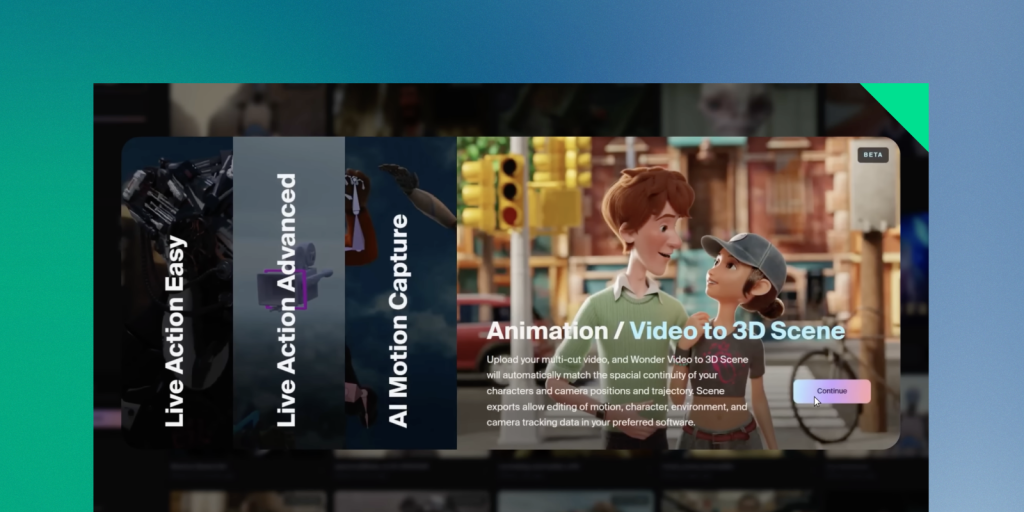OpenAI has launched ChatGPT Search, a transformative new feature that redefines the search engine landscape. This latest addition to the ChatGPT platform promises users “timely answers” sourced from many online resources. Meanwhile, GitHub is marking a significant evolution in its developer tools with two major announcements: a multi-model upgrade to Copilot and the introduction of Spark, a natural language web development platform. In navigation, Google Maps is rolling out AI-driven features powered by Gemini, improving how users explore and discover new locations. Additionally, Wonder Dynamics has unveiled a tool that seamlessly converts multi-camera videos into fully animated 3D scenes. Let’s explore these and other exciting advancements in detail!
OpenAI Launches Its Google Challenger, ChatGPT Search
OpenAI has officially launched ChatGPT Search, a significant evolution from its earlier SearchGPT prototype, marking a bold step into the search engine arena. This new feature, integrated within the ChatGPT platform, is designed to provide users with “timely answers” sourced from several online resources.
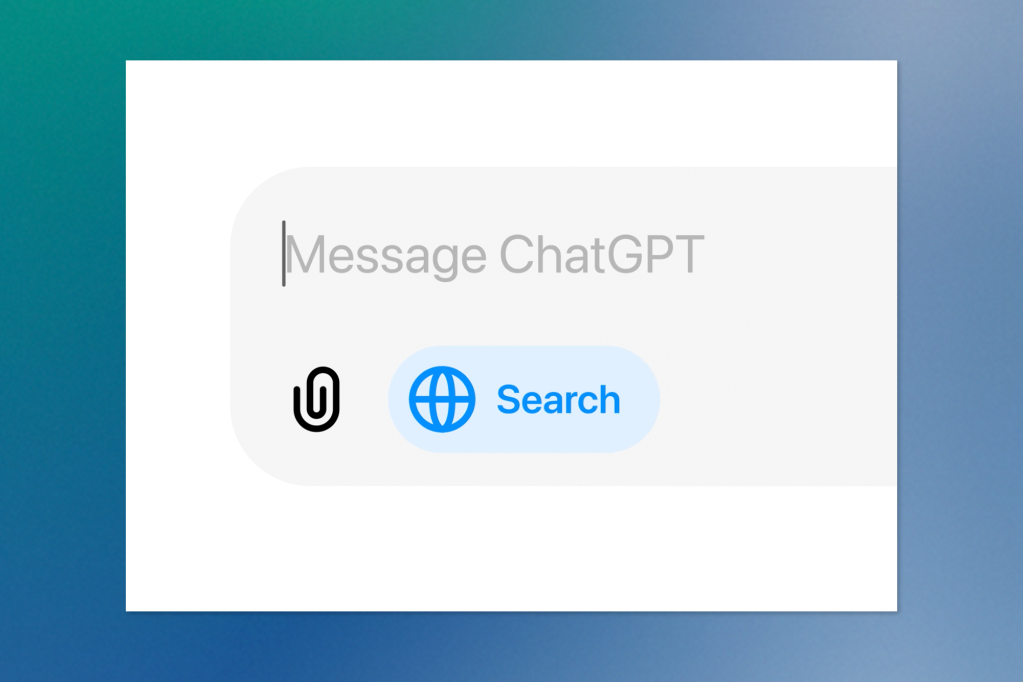
Powered by a fine-tuned version of OpenAI’s GPT-4o model, ChatGPT Search delivers real-time information and images, ranging from sports scores and news to stock quotes. It provides immediate answers and links to relevant sources, enabling users to ask follow-up questions for a more refined search experience.
With a user-friendly interface, ChatGPT can automatically search the web based on queries or allow users to initiate searches manually via a newly introduced web search icon. For instance, if you query weekend events in San Francisco, ChatGPT generates a summary from local news outlets and offers tailored restaurant suggestions in follow-up inquiries.
Currently, ChatGPT Search is accessible to ChatGPT Plus and Team users on both mobile and web platforms. OpenAI plans to roll it out to enterprise and educational customers in the coming weeks, followed by free users. Additionally, OpenAI has released a browser extension that allows users to set ChatGPT Search as their default search engine in Chrome.
GitHub Expands AI Suite
GitHub is enhancing its developer tools with two significant updates: a multi-model upgrade for Copilot and the launch of GitHub Spark, a platform designed to simplify web application development through natural language commands.
Multi-Model Upgrade for Copilot
Copilot now supports OpenAI models and incorporates Anthropic’s Claude 3.5 Sonnet and Google’s Gemini 1.5 Pro. This shift represents a significant evolution in GitHub’s strategy for AI-assisted development, offering developers a more comprehensive range of options based on their specific coding needs. CEO Thomas Dohmke emphasized that this approach enhances flexibility and accuracy in code generation, allowing for better context-aware suggestions across different programming languages.
The rollout of these new models will begin with Copilot Chat and extend to various Copilot functionalities, including multi-file editing, code review, and automated security fixes. This expanded model support means developers can leverage the unique strengths of each AI provider, improving the overall coding experience.
Introducing GitHub Spark
The most exciting recent announcement is GitHub Spark, a new tool that allows developers to build web applications using natural language instructions. This innovative platform aims to streamline the development process, making it easier to create prototypes and facilitating collaboration between design and implementation. Spark’s user-friendly approach reflects GitHub’s ambition to empower one billion developers.
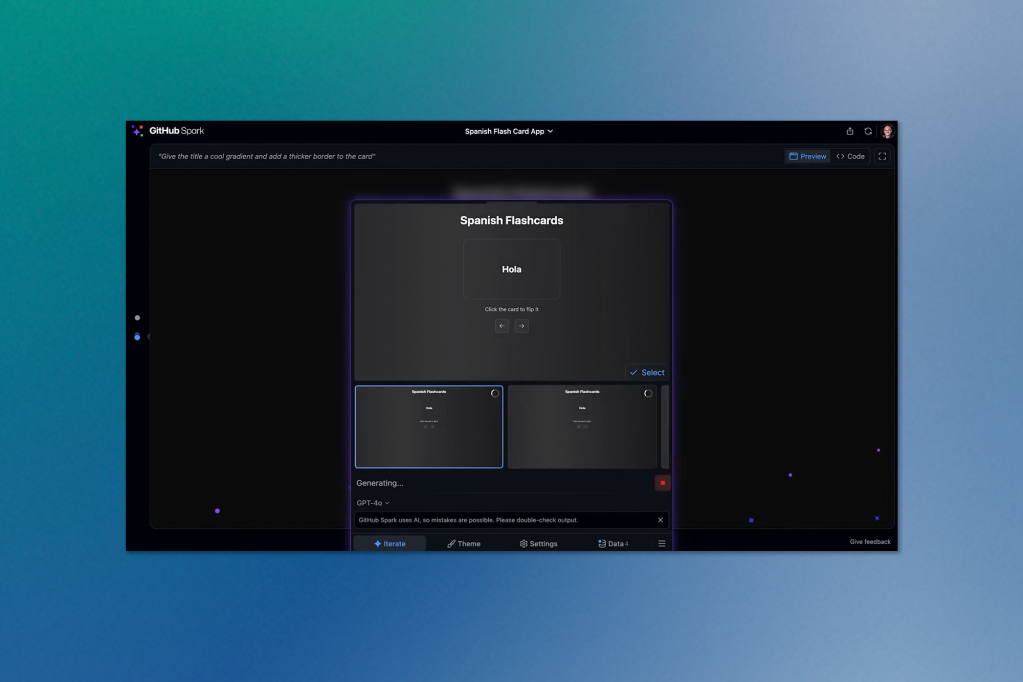
Copilot Integration with Apple’s Xcode
Additionally, Copilot is now available for Apple’s Xcode in public preview, integrating AI assistance directly into the iOS and macOS development environments. This integration offers real-time code suggestions, improving developers’ productivity with Swift and Objective-C while fitting seamlessly into existing workflows.
As developers adopt these new features, we may see a shift in how software development is approached, with increased reliance on AI for coding assistance and a greater focus on high-level problem-solving rather than mundane implementation details.
ChromeOS Gets a Major Update with Quick Insert, Focus Mode, and New AI Features
Google has begun rolling out ChromeOS 130, introducing several significant updates to enhance user experience on Chromebook devices. This update brings new features, including:
– Quick Insert: Easily add emojis, GIFs, and links to recently visited sites, as well as access various AI functionalities from a streamlined menu. On most devices, this can be activated by using the launcher or the Google button combined with the ‘f’ key. The Samsung Galaxy Chromebook Plus will feature a dedicated Quick Insert button for immediate access.
– Focus Mode: Minimize distractions while working by activating a “Do Not Disturb” setting and scheduling focused work sessions to enhance concentration.
– Welcome Recap: An opt-in feature summarizing recent activities, allowing users to reopen apps and tabs to resume tasks quickly.
– AI-Powered Recorder App: Exclusive to Chromebook Plus models with a neural processing unit (NPU), this app offers improved microphone and camera effects and Gemini AI tools that provide features like “help me read” summaries.
Chromebook Plus models equipped with a neural processing unit (NPU) will also receive exclusive enhancements, including the new AI recorder app that leverages AI for improved microphone and camera effects, alongside Gemini AI tools that offer features like “help me read” summaries.
With these updates, ChromeOS 130 aims to streamline productivity and enhance the overall functionality of Chromebook devices, catering to the needs of both casual users and professionals alike.
Google Maps Enhances User Experience with AI-Driven Features Powered by Gemini
Google Maps is rolling out a suite of new features powered by its generative AI model, Gemini, to improve user navigation and exploration. These enhancements will help users in the U.S. discover new locations and streamline their travel experiences.
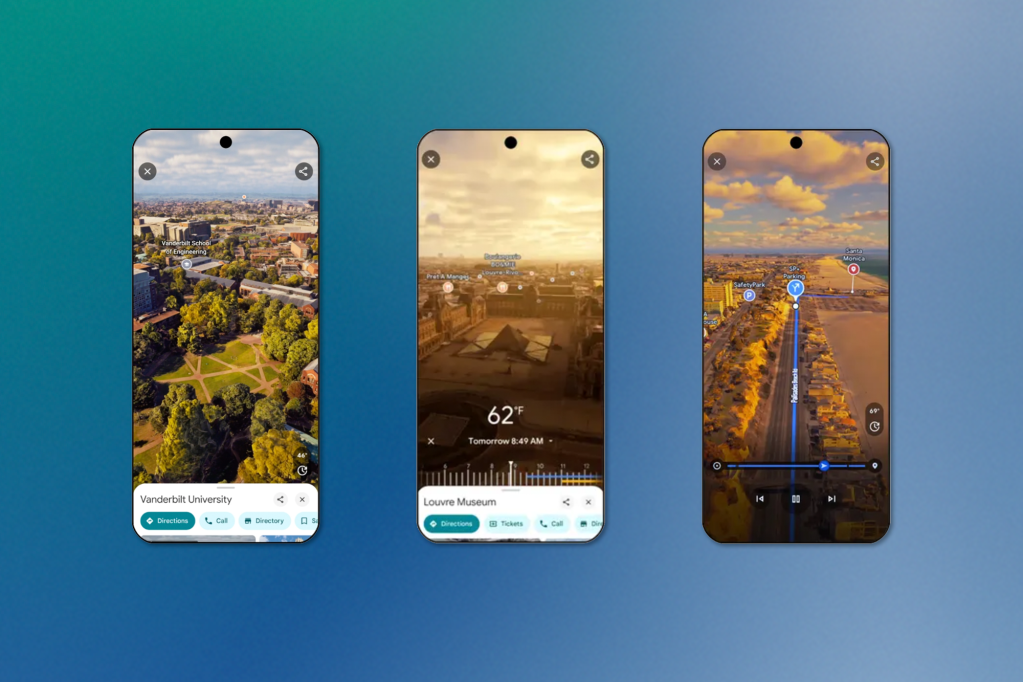
One of the standout features includes enhanced navigation capabilities that provide detailed lane guidance, ensuring drivers know which lane to be in, thereby reducing the stress of navigating complex intersections. This AI integration positions Google Maps to better compete with other navigation apps, such as Apple Maps.
Users can now ask Google Maps for recommendations on activities, such as “What are fun things to do with friends at night?” Gemini will generate a personalized list of suggestions, including visiting local speakeasies or enjoying live music performances. For each recommendation, users can read quick summaries based on collective reviews and can further inquire about specific details, such as outdoor seating options.
These updates are now available for Android and iOS users, with Google planning to extend similar functionalities to its Search engine, enhancing how users interact with location-based queries.
Wonder Dynamics Enables Seamless Transition from Multi-Camera Video to Fully Animated 3D Scenes
Wonder Dynamics has made significant strides in AI-enhanced visual effects with its latest tool, Wonder Animation, allowing animators and filmmakers to automate the animation process. Following the company’s acquisition by Autodesk, Wonder Animation enables users to transform nearly any video into a fully editable 3D scene, complete with characters and backgrounds.

Key Features
– Drop-In Actor Replacement: Users can replace a real person in the video with an animated 3D character that mimics their movements, offering a dynamic way to integrate animated elements into live-action footage.
– Fully Editable 3D Scenes: The tool allows for the creation of 3D environments that can be customized to suit the needs of the project, providing a versatile base layer for further animation.
– Multiple Camera Support: Filmmakers can shoot the same scene from different angles using multiple cameras. The tool intelligently estimates foot travel and other metrics to place the characters in a cohesive 3D space, maintaining the original motion and camera movements.
– Previsualization and Story Flow: By converting simple video clips—like friends walking down a hallway—into animated robots traversing a futuristic street, the tool facilitates early-stage production planning and helps visualize scenes without the need for extensive location shooting.
– Integration with Industry Standards: Outputs from Wonder Dynamics are created as industry-standard 3D assets, allowing for easy manipulation and adjustment in software like Blender, Maya, or Unreal Engine. Users can drag and drop cameras, tweak character movements, and recompose the entire scene.
Although the feature is currently in beta, users of Wonder Studio can access it now, with ongoing improvements expected based on user feedback.
Weekly Tool Highlight: PaveAI
PaveAI is a powerful tool designed to help marketers unlock the full potential of their Google Analytics data. Using AI-driven insights, PaveAI enables users to identify key performance drivers and optimize their marketing strategies effectively. This innovative platform integrates seamlessly with advertising channels like Google Ads and Facebook Ads, providing tailored recommendations for improving advertising effectiveness.
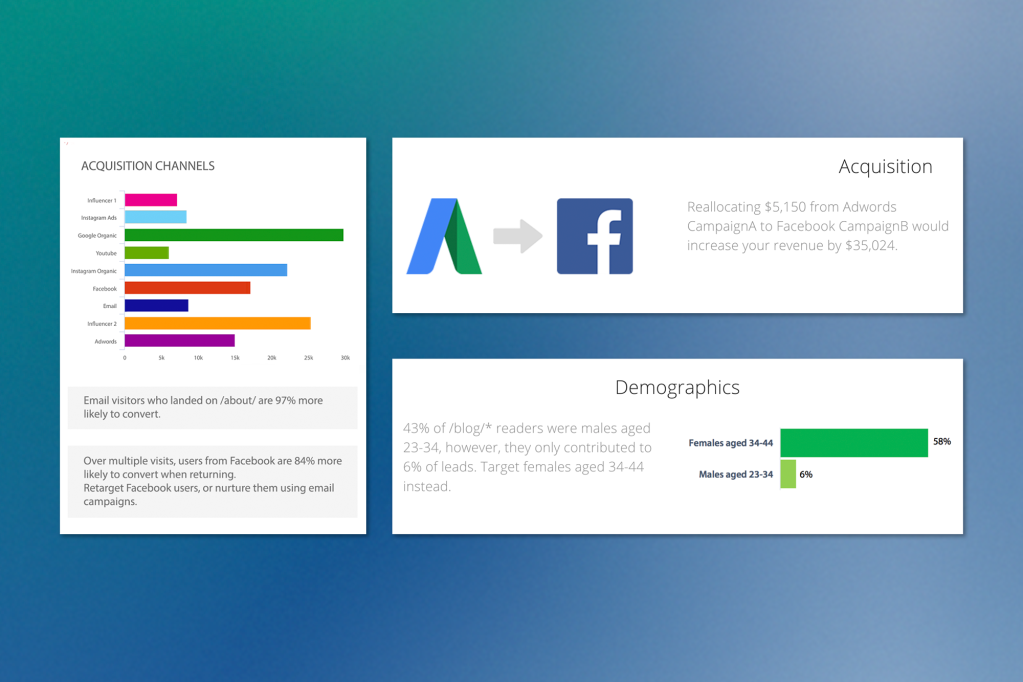
Key Features
– Effortless Setup: Connect your Google Analytics account and receive a comprehensive report in less than 30 seconds, eliminating the hassle of manual data uploads.
– Marketing Data Integration: Easily integrate with major advertising platforms, including Google Ads, Facebook Ads, and Twitter Ads, for streamlined data management.
– Customized Insights & Reporting: PaveAI analyzes your data based on your specific goals—whether it’s boosting e-commerce revenue or enhancing blog engagement—delivering personalized reports that focus on what matters most.
– Machine Intelligence: The platform’s data science algorithm examines over 16 million combinations to identify the most significant insights across all marketing channels, providing actionable recommendations to enhance ROI.
Benefits
– Data-Driven Decisions: Stop wasting time and resources on ineffective marketing strategies. PaveAI highlights what works and what doesn’t, empowering you to make informed decisions.
– User-Friendly Experience: Users have praised PaveAI for its ease of use and the valuable insights it provides, allowing them to focus more on content creation and audience engagement.
PaveAI works with any website that supports Google Analytics, making it an invaluable resource for businesses of all sizes, including enterprises, SMBs, e-commerce sites, and agencies.
Keep ahead of the curve – join our community today!
Follow us for the latest discoveries, innovations, and discussions that shape the world of artificial intelligence.
